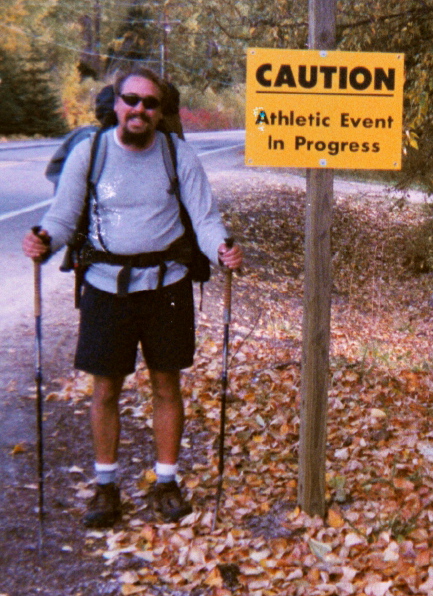Wednesday, July 28, 2010
Tuesday, July 06, 2010
In the 77 days since oil from the ruptured Deepwater Horizon began to gush into the Gulf of Mexico, BP has skimmed or burned about 60 percent of the amount it promised regulators it could remove in a single day.
Last week, I interviewed Mother Jones' Mac McClelland, who has been covering the BP oil spill in the Gulf since the first day it happened. She detailed how local police and federal officials work with BP to harass, impede, interrogate and even detain journalists who are covering the impact of the spill and the clean-up efforts. She documented one incident which was particularly chilling of an activist who -- after being told by a local police officer to stop filming a BP facility because "BP didn't want him filming" -- was then pulled over after he left by that officer so he could be interrogated by a BP security official. McClelland also described how BP has virtually bought entire Police Departments which now do its bidding: "One parish has 57 extra shifts per week that they are devoting entirely to, basically, BP security detail, and BP is paying the sheriff's office."
We have become a police state working to help foreign corporations. Corporations are not citizens. They should not have the rights of citizens.
Saturday, July 03, 2010
They described scenes of devastation in the town of Sange, where houses were burned and bodies littered the streets. Some people died while trying to steal fuel leaking from the tanker, but most were killed at home or watching World Cup soccer in cinemas.
Many of the bodies were charred beyond recognition.
United Nations helicopters began airlifting injured people to hospital, while Congo's army, which lost a number of men in the blast, has sent soldiers in to help with the rescue.
"Our latest numbers are 230 dead and 196 injured," Madnodje Mounoubai, a spokesman for the U.N. mission, said. Congo's government also gave the same number of dead.
Marcellin Cisambo, governor of South Kivu province, where the incident took place, said the blast occurred when the fuel truck overturned, leaked fuel and then later exploded.
It was not immediately clear what caused the initial accident or later blast, but local people said the truck, which was part of a convoy, stopped when the road seemed to crumble, toppling the vehicle and spilling fuel. Fire then erupted.




